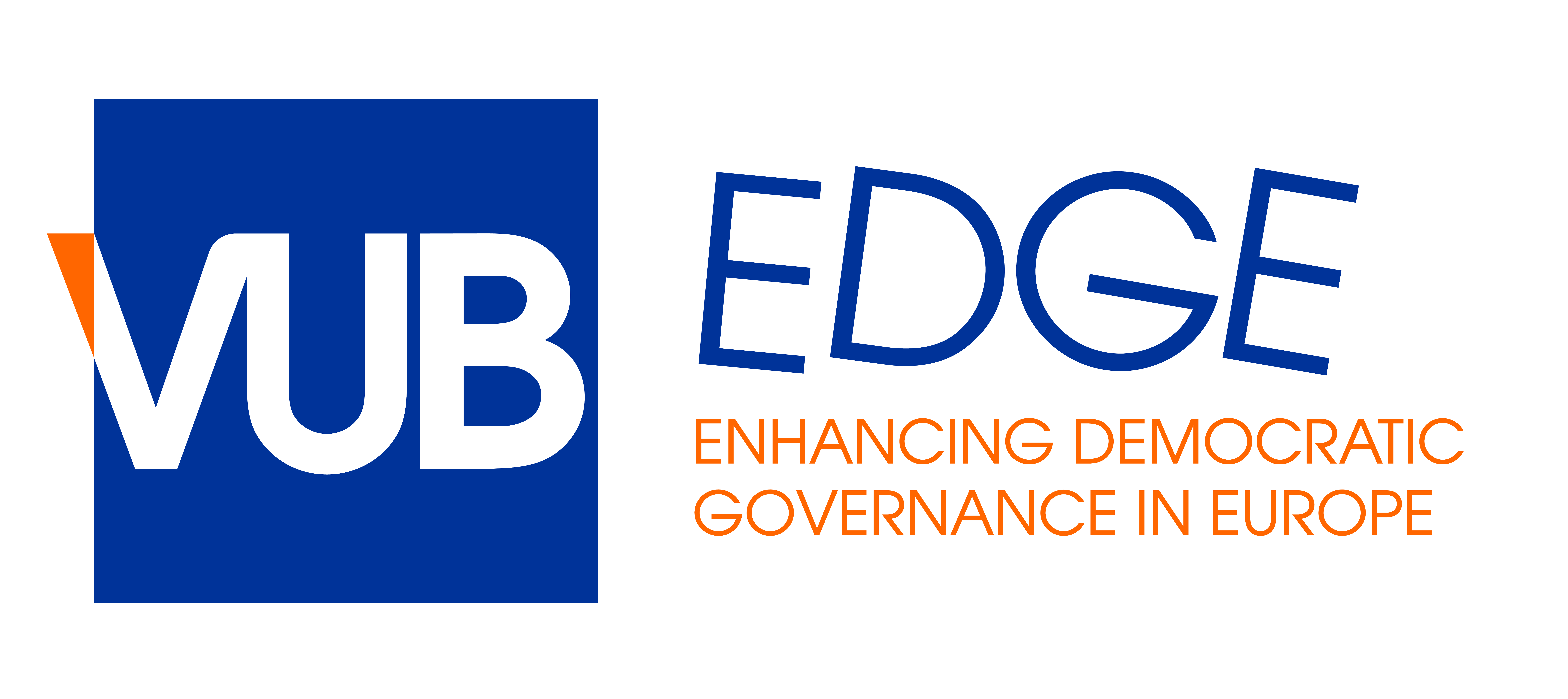Sensitive Economic Personae and Functional Human Beings. A Critical Metaphor Analysis of EU Policy Documents between 1985 and 2014
This study aims at unveiling the implicit assumptions underlying the language of EU policymaking by examining how strategic EU policy documents talk about people, economic agents, relations among different entities, and time. It conducts a critical metaphor analysis of EU policy texts from 1985 to 2014, revealing the extent to which EU policymaking, by relentlessly focusing on the ‘competitiveness, growth, and jobs’ narrative, relies on modern conceptual frameworks. The prominence of rationality and causality, at the expense of sense of purpose, reality and meaning, is revealed through the validation of four metaphorical keys. These are (i) sensitive inversion, i.e. economic agents are sensitive and humans are functional; (ii) size matters i.e. big is better than small and one is better than many; (iii) deficit framing, i.e. potential is locked and the present is broken/future is bright; and (iv) speed is of the essence i.e. the world moves fast and we must hurry up. The research also incorporated a computational approach to the study of more than 6000 EU policy texts from the same period, which will also be discussed in the presentation.
- Presenter: Orsolya Gulyás
- Discussant: Jamal Shahin
